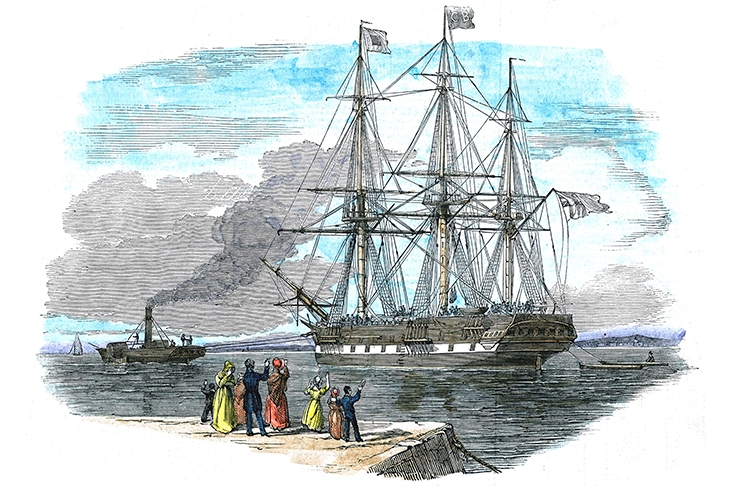If 2020 has given us something to talk about other than Covid, it’s been history — and, more precisely, to whom history belongs and how we’ve chosen to define it. Well into the modern era, the philosopher Thomas Carlyle’s definition of the subject as ‘the biography of great men’, seems to endure.

Disagree with half of it, enjoy reading all of it
TRY A MONTH FREE
Our magazine articles are for subscribers only. Try a month of Britain’s best writing, absolutely free.
Already a subscriber? Log in






Comments
Join the debate, free for a month
Be part of the conversation with other Spectator readers by getting your first month free.
UNLOCK ACCESS Try a month freeAlready a subscriber? Log in